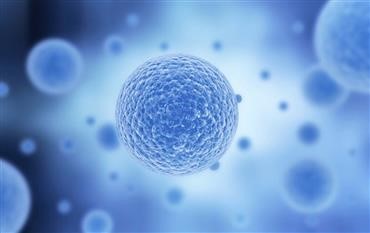Blood stem cell transplant was carried out for the first time in Iran and the Middle East for treating cancer on a patient infected by HIV virus, Young Journalists Club reported on Wednesday.
The transplant was carried out in Imam Khomeini Hospital.
“This is the first time that such a transplant is done in Iran and the Middle East,” said Dr. Mohammadreza Salehi who was the medical consultant to the transplant team.
According to WebMD, bone marrow and peripheral blood stem cell transplants are ways to treat blood cancers like leukemia, multiple myeloma, and non-Hodgkin’s lymphoma. They help restore the body’s ability to make blood cells after high-dose chemotherapy or radiation.
“The 44-year old patient had HIV for seven years. The stem cell transplant was made a month ago, and the patient was discharged from the hospital after two weeks,” said Dr. Salehi.
“Now, after visiting the patient, we realized that the cancer is cured. The patient, however, should have regular medical visits from now on,” he added.
“A decade ago, it was impossible to do stem cell transplant on HIV positive patients because of their weak immune system; but now, due to the discovery of new methods and treatments, such transplants have become possible.”
Possible effects of the transplant on HIV
According to Dr. Salehi, the stem cell transplant has no effect on curing HIV/AIDS.
However, Dr. Seyed Reza Safaei, Oncologist and Hematologist, doesn’t rule out the possibility, saying that there are cases when stem cell transplant helped remission of HIV.
In March, Nature journal reported that a person with HIV was seemingly free of the virus after receiving a stem-cell transplant that replaced their white blood cells with HIV-resistant versions.
The patient is only the second person ever reported to have been cleared of the virus using this method. But researchers warn that it is too early to say that they have been cured.
In April 2018, the chairwoman of HIV/AIDS department at the Health Ministry Parvin Afsar Kazerouni announced that some 36,571 were diagnosed with HIV virus up to late December 2017.
She further regretted that the number only constitute 40 percent of those who are actually suffering the disease and the rest are still undiagnosed while they might not even know they are having the infection.
Tehran Times



